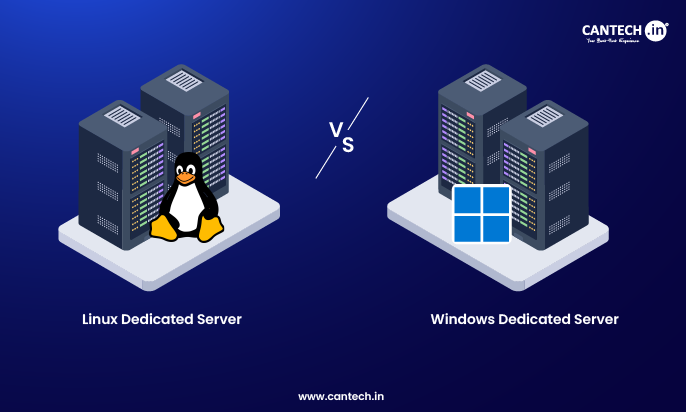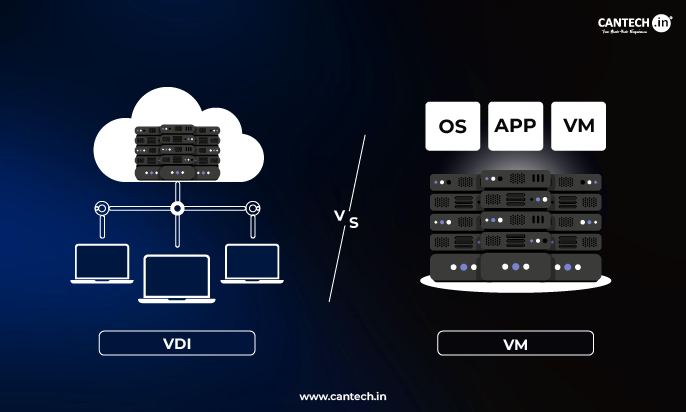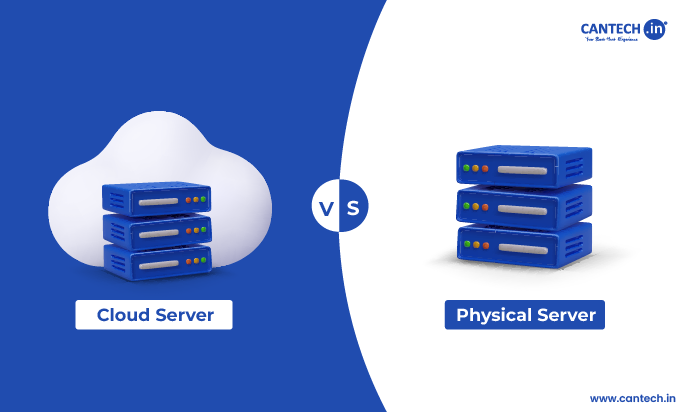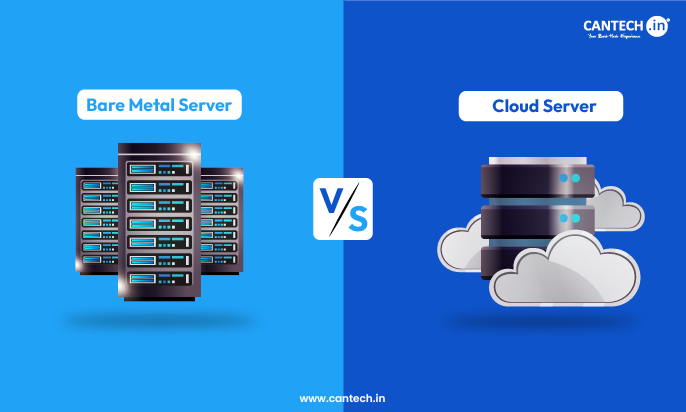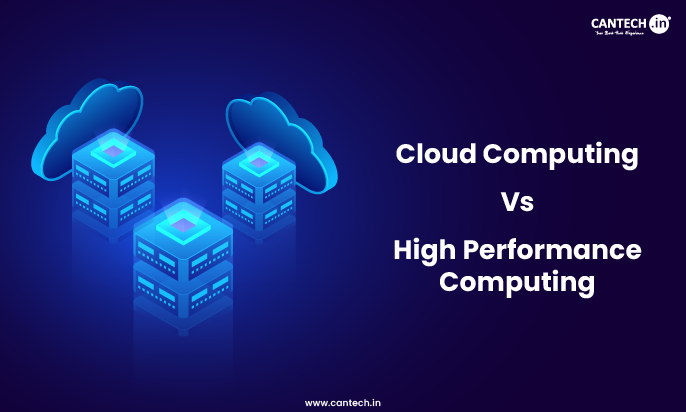Introduction:
In a period of time where every click, each swipe, or tap potentially opens a door into your personal or business data, it’s no longer about if you should have cybersecurity, but how quickly you can get it.
The cyberattacks are getting more frequent, and aggressive. It doesn’t matter if you are a small business or an enterprise handling sensitive customer details, you need protection and Firewalls.
But clearly, the biggest question is: What is the difference between a hardware firewall and a software firewall? And which one is right for you?
In this blog, we will clearly explain what firewalls are, how hardware and software firewalls are different, and which is the best alternative depending on your needs.
What is a Firewall?
A firewall is a security system that monitors and controls incoming and outgoing network traffic according to predetermined security rules. The primary function of the firewall is to inspect the network traffic of apps, websites, or files that want to connect to your device or network. Based on that, they decide if that traffic is allowed or denied according to security rules. Such actions by firewalls help protect against unauthorized accesses, malware infections, and data breaches.
As cloud computing, smart devices, and remote working continue to grow rapidly, so do the points of entry into your digital world. The firewall acts as a barrier, making it more difficult for attackers or malicious software to successfully penetrate your environment.
What is a Hardware Firewall?
A hardware firewall is an actual device like a router that works between your network and the internet. It enables your network to act as an entry point, filtering all incoming and outgoing traffic before it even reaches any of your computers or other devices.
Basically, they are used by businesses and enterprises with multiple devices having a complex network. The most common examples are Cisco ASA and Fortinet FortiGate.
How Does it Work?
Suppose you are in an office with 30 computers, all of which are connected to the internet, every individual system may not be provided with the protection directly. This is where the hardware firewall comes in and carries out the following tasks:
Helps determine the data packets that arrive and depart from the internet,
Dedicating rule-based filtering like IP blocks, ports usage limit, intrusion prevention, etc. Letting legitimate traffic through the gate while blocking suspicious data.
As a result, it is well suited for network-centred protection and reducing the chances of external attacks getting into your devices internally.
Advantages of Hardware Firewall
Overall Protection
Hardware based protection offers an overall safety for your entire network. It is just similar to a security guard at the entrance to your building and checks everyone before they step foot into your office space. This isn’t too different from what a hardware firewall does to the network.
As one device, you can protect multiple devices such as computers, printers, and smart cameras. This gives valuable benefits for networks employed by larger teams, as they manage a larger collection of users.
Separate Processing From Devices
Hardware firewalls process data within itself and separate from your devices, software firewalls use CPU and memory from your device. So while the hardware firewall is working hard to protect you from unwanted data exchanges, it does it without holding up your devices.
Harder to Disable
Hardware firewalls are a physical device external to your operating system. You generally have to actively disable a firewall, and it’s not as simple as clicking a button.
Disadvantages of Hardware Firewall
Too Expensive
Hardware firewalls have a big price tag. As a freelancer or startup, you may be hesitant to spend such upfront costs.
Technical Knowledge
Hardware firewalls often require technical knowledge to set up the system configuration. If you’re a newbie, you will definitely require help to set it up or may risk leaving gaps in your defense.
No Portability
Hardware firewalls can be used only in fixed locations such as your office or home, not mobile or remote. You won’t be able to carry a hardware firewall in a backpack!
What is a Software Firewall?
A software firewall refers to a network security system that is installed on a single device like your laptop, or desktop to monitor and control network traffic. A hardware firewall is a physical network security device, whereas a software firewall is a digital shielding that runs on your operating system.
Moreover, software firewalls are ideal for gamers, students and for small businesses running on tight budgets and in environments with limited resources. The most commonly used software firewalls are Windows Defender Firewall, Norton Internet Security and Zone Alarm.
Working of a Software Firewall
A software firewall is similar to a personal security guard that exists inside of your computer. This software firewall monitors:
Applications attempting access to the internet.
Incoming traffic from website visits, emails, or downloads.
Access attempts from malware spreading or an intruder attempting access.
If any of the events are detected, a software firewall reacts based on the specific software response, by blocking the stream and gives the user an option to allow and configure the application, or deny it.
Advantages of Software Firewall
Cost Effective
Many software firewalls come built-in with your device like Windows Defender, and others offer free or low-cost plans for you to install and deploy. You can get excellent protection for a very low cost.
Easy to Deploy and Configure
Most software firewalls come with a user-friendly interface, offering you a detailed process to set and configure protection with a few clicks. There is no need to be a network engineer to keep your device safe.
Great for Mobile and Remote Devices
A software firewall can move with your device, so it is providing the best protection whether you are at home, at an airport, or on any public wifi.
Disadvantages of Software Firewall
Uses Device Resources
Software firewalls use system resources because they’re installed on your computer or phone. Depending on your device, you can slow it down particularly during heavy workloads.
Malware may Disable the Firewall
Some malware is purposely designed to disable software firewalls. Because a firewall is just another software program on your system, it can be infected and targeted leaving your device vulnerable to harm.
Key Differences of Hardware Firewalls vs Software Firewalls
| Feature | Hardware Firewall | Software Firewall |
| Deployment | Physical device installation. | Software installed on individual devices. |
| Level of Protection | Network-wide protection. | On specific devices. |
| Performance | Very less impact on devices. | Consumes device resources like CPU, RAM, etc. |
| Ease of Installation | Requires technical knowledge. | Simple & easy to install. |
| Pricing Structure | Expensive enough. | Less or no costs. |
| Scalability | Ideal for larger networks. | Limited scalability. |
Also Read: What is the Difference Between An HIDS And A Firewall?
Hardware Firewall vs. Software Firewall: Which is Right For You?
As cyber threats continue to increase, protecting your digital assets is essential. Both hardware firewalls and software firewalls offer unique advantages and disadvantages.
Hardware firewalls are a strong centralized source of security for multiple devices at a single location making them beneficial for businesses, and organizations who want the feel of an enterprise-level user experience.
A software firewall is like a personal guard for each of your devices. Software firewalls are flexible customizations that save on costs and are great for individuals, remote workers, and small offices. especially when paired with cheap antivirus software like those recommended by VPNpro.
When overlaying the two options, you can cover your digital property from all angles and decrease the headache and expenses if something goes wrong, like experiencing a data breach.
Frequently Asked Questions
1. Can I have both a hardware firewall and a software firewall running?
Yes! It is recommended to run both types of firewalls. A hardware firewall filters traffic at the network level, and software firewalls filter traffic at each device level.
2. What is recommended for home users – a hardware firewall or a software firewall?
Most home users would choose a software firewall. Software firewalls are simple to install, are usually free, and give average protection for most day-to-day activities, from web browsing, gaming, and streaming.
3. Are hardware firewalls hard to set up?
Yes, they can be, especially for non-technical users. Hardware firewalls require some technical knowledge of IP addresses, access control rules, and ports.
4. Will a software firewall slow my computer down?
It might slow your computer down, especially if the software used has a lot of features and you’re using an older, lower spec device. However, most modern software packages will optimize their product to use the minimum resources, with negligible impact to computer performance during ordinary day-to-day usage.
5. Is the router firewall the same as a hardware firewall?
No, even if the common home router has a simple firewall as part of the package. A hardware firewall is generally much stronger, more custom, and more secure than any consumer router. If you are looking for simple protection, then a router firewall might work for you; but if you have a business or are security-sensitive, most use a standalone device.
6. How regularly do I need to update or maintain my firewall?
For software firewalls, updates happen automatically and frequently as part of a system or security software update. Hardware firewalls would also need to be updated, in the form of occasional firmware updates and periodic reviews of rules when major changes occur in your network. These reviews should normally occur every few months.
7. How much do hardware and software firewalls cost?
Many hardware firewalls begin at around $500 to $700 for small business models and $4000 or more for enterprise-wide systems. Software firewalls like Windows Defender are often free or bundled into paid antivirus or internet security suites which are usually low.

